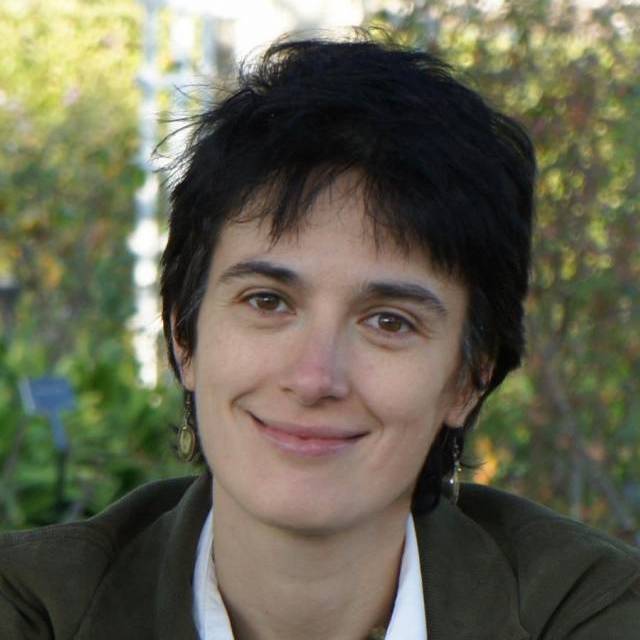Schedule
8:45 am - 6:05 pm (pacific time)
July 24, 2021
Morning Session
| 8:45 - 9:00 | Opening Remarks |
| 9:00 - 9:45 | Invited Talk: Time-series in healthcare: challenges and solutions (Mihaela Van der Schaar) |
| 9:45 - 10:30 | Invited Talk: Multiscale Bayesian Modelling: Ideas and Examples from Consumer Sales (Mike West) |
| 10:30 - 10:45 | Morning Coffee Break |
| 10:45 - 11:00 | Contributed Talk: JKOnet: Proximal Optimal Transport Modeling of Population Dynamics (Charlotte Bunne) |
| 11:00 - 11:45 | Invited Talk: Quantifying causal influence in time series and beyond (Dominik Janzing) |
| 11:45 - 12:45 | Poster Session Gather.Town |
| 12:45 - 14:30 | Lunch |
Afternoon Session
| 14:30 - 14:45 | Contributed Talk: PSA-GAN: Progressive Self Attention GANs for Synthetic Time Series (Paul Jeha) |
| 14:45 - 15:30 | Invited Talk: Towards modeling raw messy time series data with latent stochastic differential equations (David Duvenaud) |
| 15:30 - 15:45 | Afternoon Coffee Break |
| 15:45 - 10:00 | Contributed Talk: Early Detection of COVID-19 Hotspots Using Spatio-Temporal Data (Shixiang Zhu) |
| 16:00 - 16:45 | Invited Talk: Online Learning with Optimism and Delay (Lester Mackey) |
| 16:45 - 17:00 | Contributed Talk: Ecological Inference using Constrained Kalman filters for the COVID-19 Pandemic (Brian Lim) |
| 17:00 - 18:00 | Poster Session Gather.Town |
| 18:00 - 18:05 | Awards and Closing Remarks |
Keynote Speakers
Towards modeling raw messy time series data with latent stochastic differential equations
Quantifying causal influence in time series and beyond
Online Learning with Optimism and Delay
Time-series in healthcare: challenges and solutions
Multiscale Bayesian Modelling: Ideas and Examples from Consumer Sales
Accepted Papers
Call for Papers
We invite researchers to submit both theoretical and applied work on time series analysis, modeling, and algorithms, along with their applications. Papers submitted to the workshop should be up to four pages long excluding references and in ICML 2021 style format. Supplementary material is permitted, although there is no guarantee that it will be reviewed. The review process is double blind, and authors should follow the same submission guidelines as for the main conference (see https://icml.cc/Conferences/2021/CallForPapers). All inquiries may be sent to tswicml2021@gmail.com.
All accepted papers will be presented in a virtual poster session, and some will be selected for oral presentation. We will also select best paper awards based on scientific merit, impact, and clarity. A $300.00 USD cash prize will be awarded to the 1st prize best paper. Best paper awards are nominated by program committee and judged by the Best Paper award committee.
Submissions page: ICML 2021 Times Series Workshop.
Note on dual submission and publication policy: We accept dual submissions with other conferences, workshops, and/or journals. We welcome articles currently under review or papers planned for publication elsewhere. However, papers that have been published at an ML conference should not be submitted. Accepted papers will be published on the TSW homepage, but are to be considered non-archival.
Paper Submission Deadline: June 4 (extended from June 1), 2021, 11:59 PM PST
Author Notification: June 27 (previously June 17th), 2021, 11:59 PM PST
Final Version: July 9th (previously June 27th), 2021, 11:59 PM PST
Workshop: July 24, 2021










